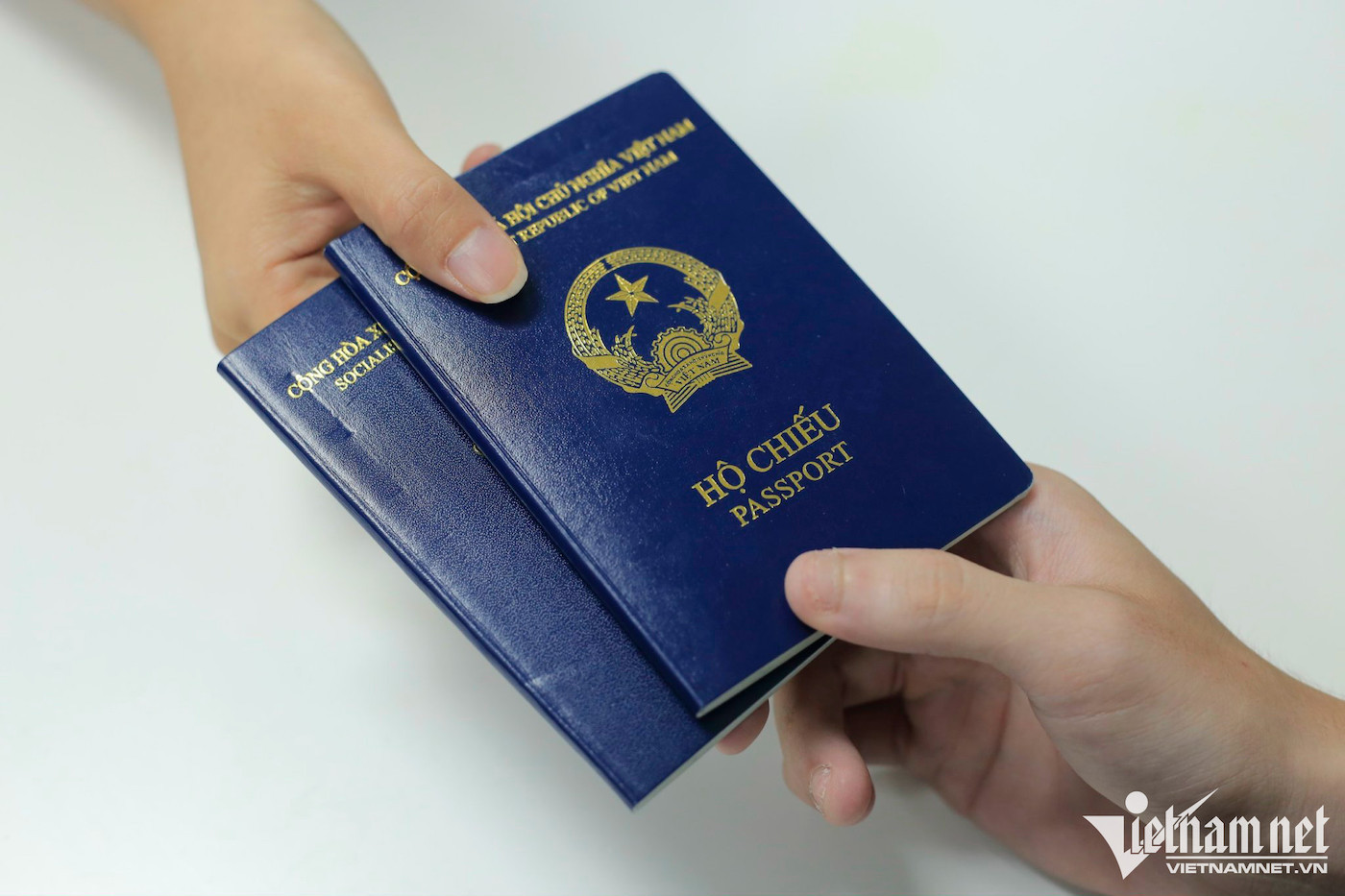
Beginning January 1, 2025, individuals with overdue tax debts exceeding 50 million VND ($2,100) and businesses owing more than 100 million VND ($4,200) for over 120 days will be subject to temporary exit bans, potentially impacting around 81,000 taxpayers.
New measures to recover overdue taxes
The Ministry of Finance has outlined a draft decree proposing thresholds for overdue tax debt that would trigger temporary exit restrictions. The thresholds - 50 million VND for individuals and 100 million VND for businesses - aim to align with international practices and Vietnam’s income levels.
For individuals, the 50 million VND threshold is based on comparisons with countries like Malaysia, where the limit is approximately $2,000 per person, and the United States, where the threshold is $40,000. Given Vietnam’s 2023 per capita income of $4,284, the proposed amount is deemed appropriate.
For businesses, the threshold of 100 million VND is significantly lower than the equivalent of 1.57 billion VND used in Taiwan but reflects a balance tailored to Vietnam’s fiscal context.
The proposed policy will apply to individuals and businesses with tax debts overdue by more than 120 days. This timeline allows tax authorities to focus on chronic tax evasion cases already classified in their management system.
Broader impact of the new policy
Currently, Vietnam’s tax management system tracks approximately 380,000 individuals and business owners with tax debts of 10 million VND or more, and 81,000 of these have debts exceeding 50 million VND.
Among businesses, around 40,000 companies owe over 1 billion VND, while many owe amounts ranging between 100 and 500 million VND.
The Ministry of Finance estimates that implementing the 50-million-VND threshold for individuals and the 100-million-VND threshold for businesses would place approximately 81,000 individuals under temporary exit restrictions.
The draft decree emphasizes that once tax obligations are fulfilled, tax authorities will promptly notify the immigration department electronically, enabling the removal of travel restrictions within 24 hours.
To ensure the policy’s effectiveness upon its implementation on January 1, 2025, the Ministry of Finance has developed the decree under an expedited process.
By automating notification systems and limiting the response window to 24 hours, the new measures aim to minimize disruptions for taxpayers who settle their debts.
The Ministry of Finance hopes the policy will incentivize timely tax payments while addressing long-standing tax evasion issues.
By balancing enforcement with transparency and efficiency, the government aims to improve tax compliance without creating undue hardship for taxpayers.
Binh Minh